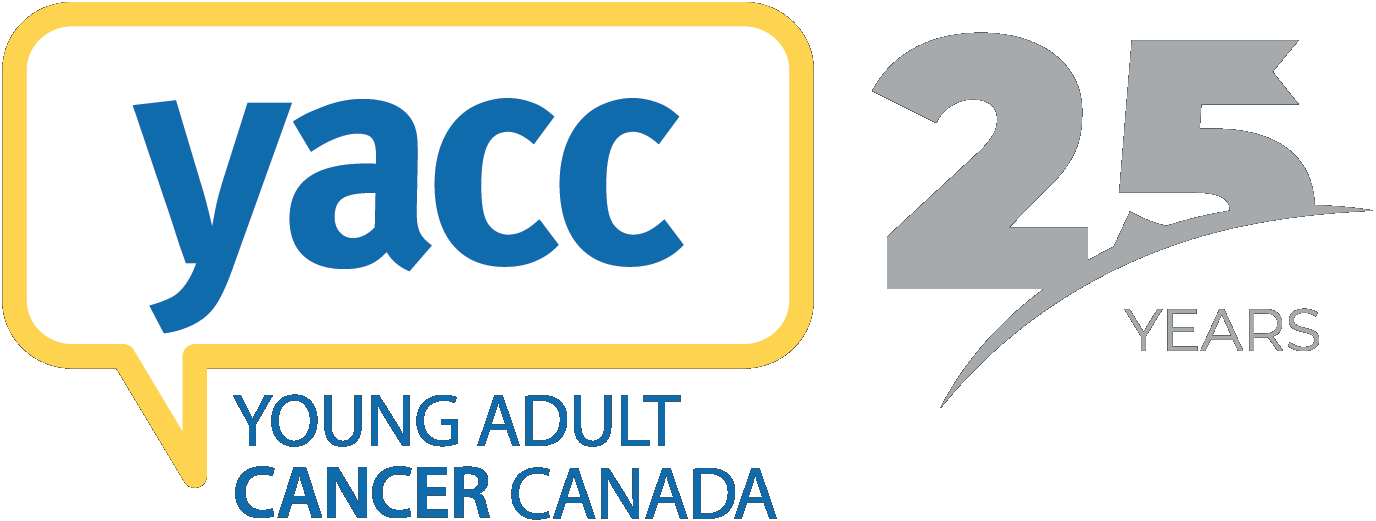 By Matt Ralph
By Matt Ralph
I spent the first couple of months of this pandemic believing that cancer had prepared me well for 2020. The sense of living within a small bubble, of experiencing social isolation, of being able to recognize malaise or depression, of being able to easily identify any and all forms of futile wishful thinking or unhealthy optimism, of being forced to think purely in terms of the short-term, of knowing that many valued friends and loved ones will neither know how nor be able to reach out and, above all, the slow realization that normality may be a fantasy, a thing of the past — these were all old hats.
Following friends and family on social media, taking in news pieces and public discourse, I watched all of those collective feelings unfurl like clockwork, not unlike the stages of grief. And I got the sense that, among my AYA cancer survivor peers, two different groups seemed to emerge: those who were experiencing it all with tired and knowing wariness, and those who were reliving traumas, past or present.
Flash forward: I mean, I wasn’t wrong. But it’s just not that simple.
Over the past few weeks, I’ve been thinking a lot about a 1983 essay “Living in the Interregnum” by the South African Nobel Prize laureate Nadine Gordimer. Writing years before the end of apartheid, Gordimer acknowledges the inevitable end of the old social order, while also attempting to dissect the implications of life in the in-between, before the “new.” A “new” that’s coming, but one that still feels distant and is challenging to imagine.
The entire world is experiencing that state of in-between right now, in one way or another. This plague has been the eye of the storm, but dialogues over movements and topics as varied as Black Lives Matter, Me Too, Defund the Police, Brexit, MAGA, The Wall, transphobia, indigenous peoples, reparations, poverty and living wages, education, etc., have intensified throughout, largely in part because we’ve simply had the time, space, and focus to think, to watch, and to listen to one another.
And where do AYA cancer survivors fit in this world?
Gordimer titled her essay with the words of the Italian philosopher Antonio Gramsci’s in mind: “The old is dying, and the new cannot be born; in this interregnum there arises a great diversity of morbid symptoms.”
In the days before I began writing these words, I hesitated and struggled. I’ve asked myself whether it’s acceptable or timely to speak about AYA cancer in the same breath as all of these other social issues, and whether it might be best to remain silent and wait for a better or more appropriate time.
But then: Death, inability to move forward, diversity, morbidity, and symptoms? Check, check, check, check, and check.
I’m 34 years old, and have been a part of the YACC family for six years now. Facebook provides me with daily reminders of all friendly birthdays, but it also serves to remind me of the birthdays of those friends who are dead. My living-to-dead friends ratio is significantly different from those
of most people my age. I’m finding myself needing to justify something that’s so clear and so self-evident.
Despite the fact that cancer has existed for as long as humanity itself, it’s a truth that many people continue to have a poor understanding of what cancer is, its causes, its treatments, and its longterm effects. It’s truth that many are uncomfortable talking about cancer. And, more specifically, there is vast ignorance about the longterm impact of cancers on AYAs with respect to health (physical, mental, and social,) disabilities, education, and economic stability.
The support just isn’t there. Not publicly, not socially, not economically. Neither for medical research, nor for support systems for survivors.
I frequently have to remind myself that AYA cancer advocacy is in its infancy, especially in comparison to many of the other battles being fought. We have centuries worth of well-documented narratives covering slavery and civil rights movements. LGBTQ+ battles have been fought in the public eye for nearly a half-century at this point.
Only in this century have real conversations about AYA cancer been able to grow and evolve, due largely to the Internet and to online communities. For the first time ever, we are able to have these kinds of peer discussions, are able to discuss our fears and anxieties with minimal social or financial risks, and are able to tell our own stories, rather than have someone else tell them postmortem.
But as we all know, that doesn’t mean that we are all being listened to by those outside of our bubble.
An interregnum, by definition, has a beginning and an end. With two recurrences, two surgeries, thirty rounds of radiation, I’ve been living in one for twelve years now. I have been living from scan to scan, from oncology meeting to oncology meeting. This is an interregnum whose ending I cannot imagine.
Intellectually, I don’t feel that COVID-19 has triggered me in any significant way. But my body knows better, and has taught me that my mind is a liar. COVID-19 has taught me that my cancer has been traumatic and that that trauma is real. That the stress and tension in my back, my neck, and my shoulders is every bit as real as the tumour in my brain.
We AYA cancer survivors probably won’t win any major victories in 2020. We’re young. We’re sick. We don’t have money. We don’t have a solid or cohesive political voice. We aren’t loud. We aren’t heard.
I wish I could could offer more immediate solutions. But what I’m eager and desperate to tell you is that the time to tell your story is now. No more waiting. No one person can ever be loud enough to be heard over the multitudes. But it doesn’t matter; you deserve to be heard and to be listened to.







